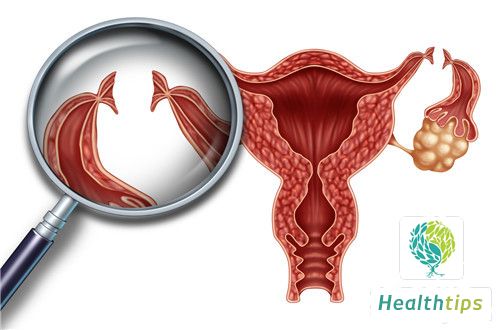Does blood pressure tend to rise during menopause?

Climacteric stage is a phase that every woman will experience. During this period, significant changes occur in both the physical and psychological aspects of women. Emotions are easily affected, and blood pressure fluctuates. The increase in blood pressure during climacteric stage is related to factors such as diet and mood. Therefore, it is important to arrange a reasonable diet, focusing on light and healthy foods. Through physical exercise, resistance can be improved, and a good mindset maintained, which can reduce the occurrence of various climacteric symptoms.
Due to dysfunction of the autonomic nervous system, women in climacteric stage may experience imbalance in sympathetic and vagus nerves, leading to fluctuations in blood pressure. As women enter the climacteric stage, ovarian function declines, estrogen secretion decreases, and endocrine function becomes disordered, which can also lead to an increase in blood pressure.
To effectively prevent blood pressure issues, postmenopausal women must engage in regular exercise. As the ability of various organs in the body to regulate declines during climacteric stage, appropriate physical exercise can improve immunity and facilitate the regulation of blood pressure. Women after menopause experience greater fluctuations in blood pressure, so it is important to pay attention to care and prevent the occurrence of hypertension. Women in climacteric stage should take good care of themselves, consume more fruits and vegetables, and exercise appropriately, which can not only promote digestion but also lower blood pressure and prevent abnormal blood pressure during climacteric stage.



















